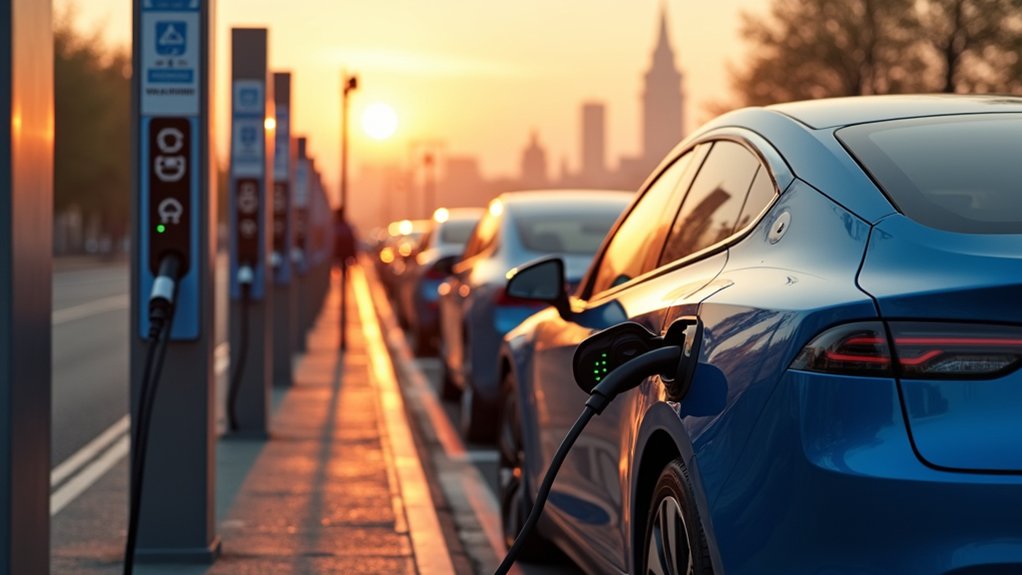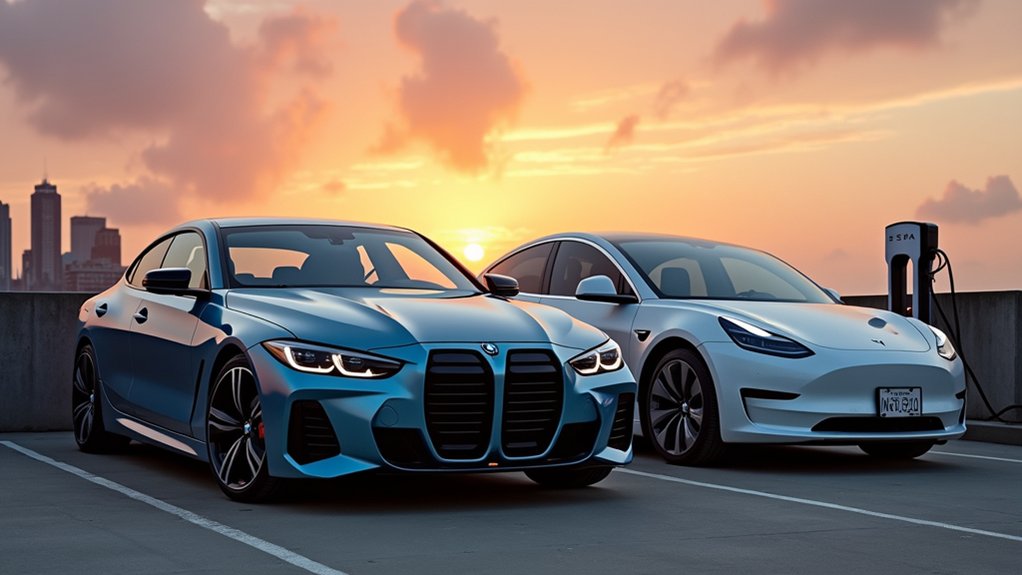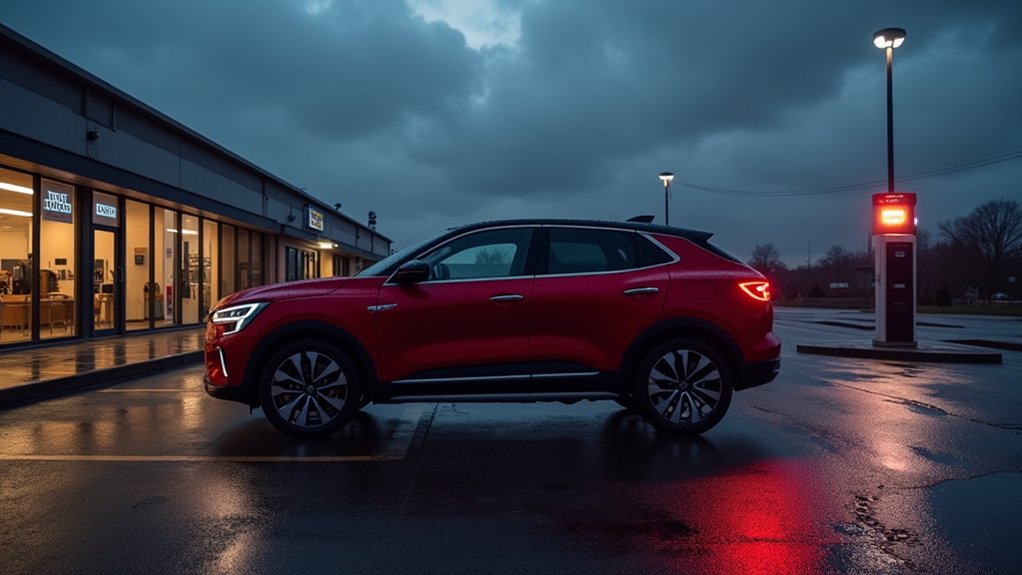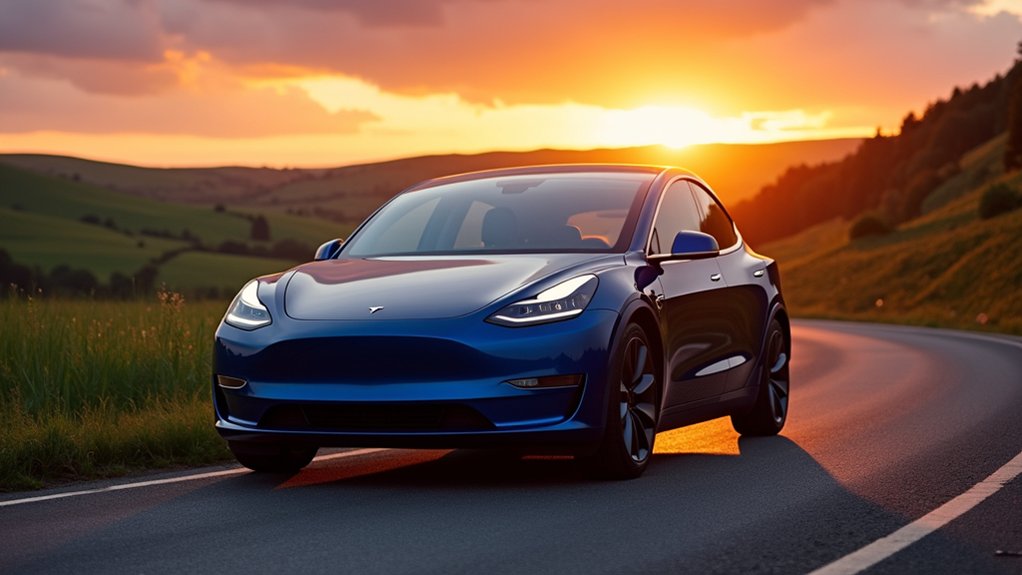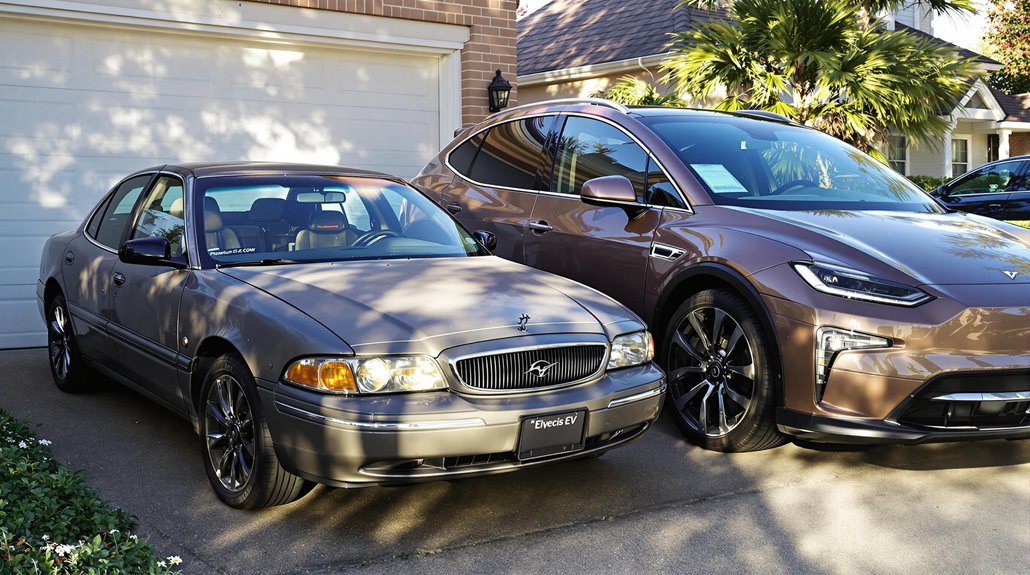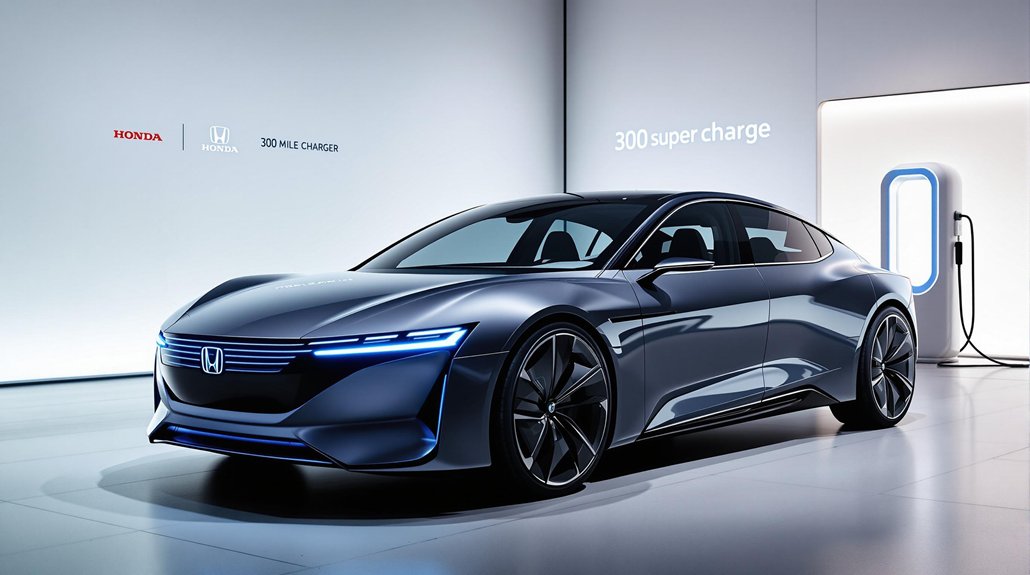While global markets have fluctuated, the UK electric vehicle sector has demonstrated remarkable resilience with a record-breaking 381,970 EVs sold during 2024, representing a 21.4% increase over the previous year. The market share climbed to 19.6% of all new car registrations, though falling short of the government’s mandated 22% target.
December proved particularly strong, with 44,000 new BEV registrations claiming 31% of the monthly market—the highest proportion since December 2022.
By mid-2024, the UK reached a notable milestone with 1,183,000 licensed zero-emission vehicles on its roads, accounting for 2.8% of all registered vehicles. Q2 saw over 88,000 new zero-emission registrations, marking a 6% year-over-year increase. This growth trajectory aligns with the nation’s broader zero-emission transport objectives, though challenges remain.
The UK’s roadways now host nearly 1.2 million zero-emission vehicles, reflecting steady progress amid ongoing challenges in the electrification journey.
Fleet purchases have undeniably driven this expansion, compensating for an 8.7% decline in private buyer registrations compared to 2023. Corporate sustainability targets, coupled with salary sacrifice schemes, have proven effective incentives for business adoption. March 2025 particularly demonstrated this trend with fleet registrations rising by 11.5% while business buyers decreased slightly.
The divergence between fleet and private uptake highlights persistent barriers for individual consumers—namely cost concerns and charging anxiety. The BEV market share rose significantly to 20.7% in 2025, up from 15.5% in the previous year.
The government’s Zero Emissions Vehicles mandate has notably shaped market dynamics. Manufacturers face potential fines of £15,000 per vehicle for non-compliance, spurring aggressive fleet-focused strategies. Credit trading mechanisms provide flexibility but underscore the urgency of meeting regulatory thresholds.
Infrastructure development has kept pace with ownership growth, with expanded charging networks in urban centers. Greater London alone has deployed 22,211 charging stations to support the growing electric fleet. However, the rural-urban divide in charging availability remains problematic. Ultra-fast charging technology has reduced range anxiety, improving the practicality of EV ownership for daily use.
The record sales numbers, despite falling short of regulatory targets, indicate the market’s underlying strength. With continued infrastructure investment and policy support, the UK’s shift to electric mobility appears robust, though the challenge of converting private buyers remains.
The fleet-led approach offers a viable pathway toward adoption targets, even as the industry works to address affordability concerns.
